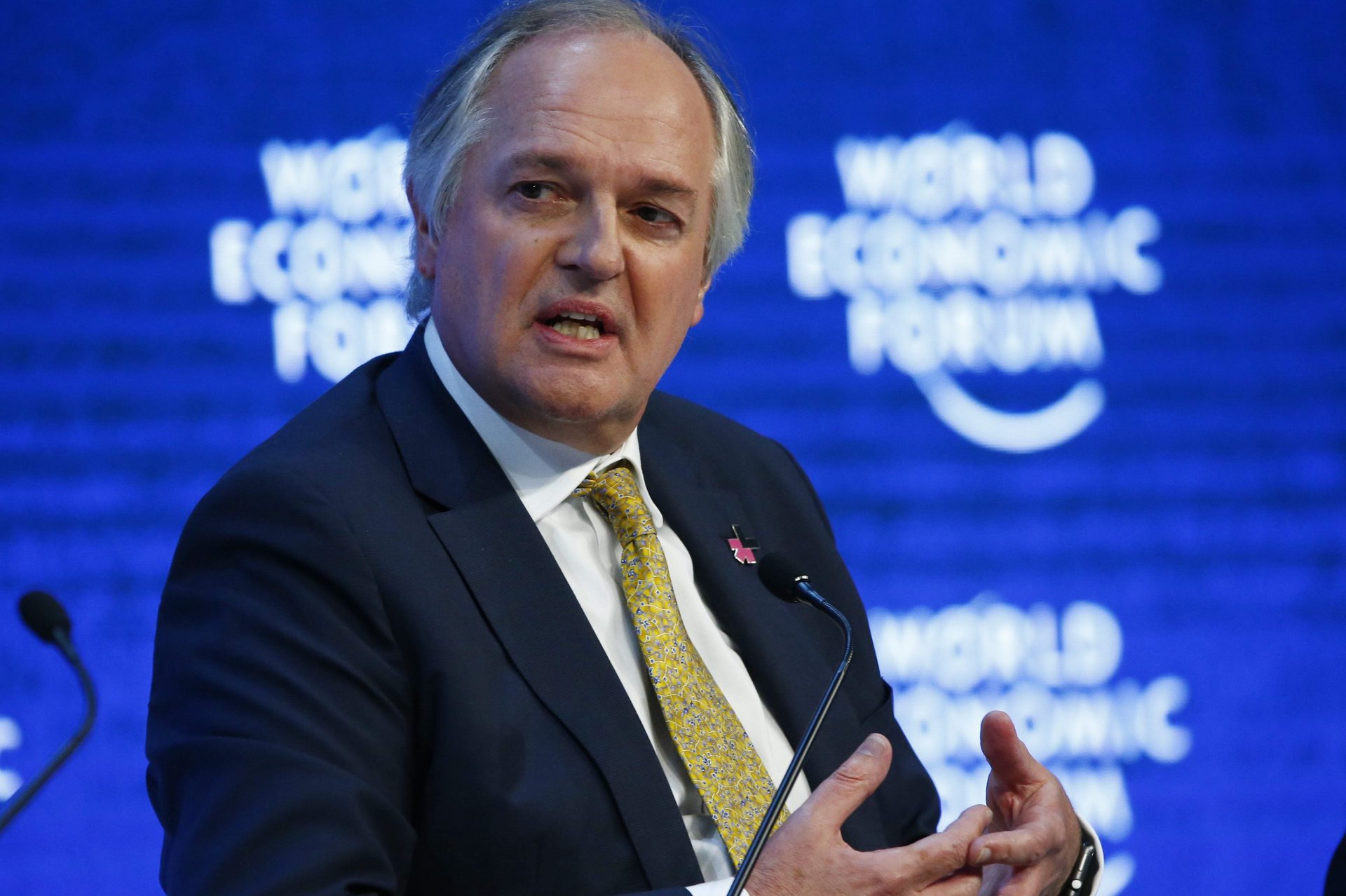Doubling India business is a no-brainer for Unilever, says CEO Paul Polman
Anglo-Dutch consumer goods giant Unilever has high hopes for India.


Anglo-Dutch consumer goods giant Unilever has high hopes for India.
Hindustan Unilever (HUL), which owns brands like Surf Excel and Lux in the country, expects to double its business here over the next decade, chief executive officer (CEO) Paul Polman told The Economic Times newspaper on Sept. 11.
“I am not giving guidance, but the assumption that we double (in India) in the next 10 years or seven-eight years is a no-brainer. Because US is not going to double,” Polman told the newspaper. “India as an economy is going to do better than other parts of the world. If we fail, then we would be the first one to be very disappointed.”
Polman was on a three-day visit to the country, which now contributes 9% to the company’s global revenue. For the year ending March 31, 2017, HUL clocked Rs34,487 crore in turnover, making it the country’s largest consumer goods company.
Global companies have now pinned their hopes on its huge youth population, growing economy, and expanding middle class to spur consumption. “I would love to have an economy of your size, growing at 5-6%,” Polman added. Of course, a lot hinges on the government, he said hinting that reforms would reap returns in the long run.
“What the Indian prime minister is trying to do has two things—it has big ideas, Smart India, Made in India, Swachh Bharat. These are big statements,” Polman said. “We are supportive of many of these initiatives because if it’s beneficial to India, it will be beneficial to HUL as well.”
While over the past few months, the goods and services tax and demonetisation (pdf) have temporarily derailed growth, he remains optimistic.
“In terms of innovation, in the last 12 months, we probably had about 30-35 major innovations in all our categories,” he said. The company has launched its range of ayurveda products under Ayush Lever in response to the country’s growing appetite for herbal products. Polman indicated that this type of investment (in new products), “…is a sign of confidence of how we think this economy is going to be.”